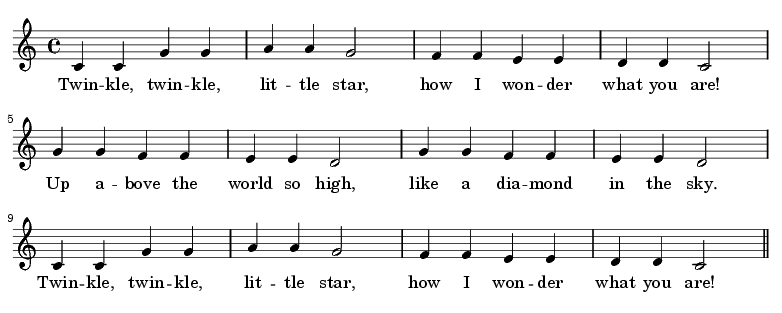24 May 2020
play me piano - m0lecon 2020 Teaser - reverse
Description
Do you feel sleepy? Let me play you something before bed.
The Challenge
It was given a link to a webpage where you could play piano notes and the page responded with 3 different outputs:
- zzz… // Nice note
- what’s this? // Bad note
- thx …zzzzzz… // nice sequence of notes, go grab the flag (maybe)
The logic of the webpage was implemented in the html file as follows:
- Initialize wasm module to call a
reviewfunction - onMouseDown of a certain note
- get pressed note
- set $(“.review”).text = review(note))
- if mouse holding: set $(“.review”).text = review(‘-‘)
Wasm module reversing
There are lot of ways to reverse engineering a wasm file, I’m gonna enumerate some of them for the sake of completeness:
With a bit of reversing you could came out with something like that:
MEM = bytearray([42, 57, 103, 126, 113, 45, 33, 33, 114, 67, 65, 58, 9, 12, 4, 5, 82, 66, 64, 25, 10, 119, 81, 66, 5, 35, 54, 91, 12, 103, 102, 34, 0, 75, 39, 56, 71, 114, 110, 91, 117, 43, 44, 50, 94, 83, 71, 90, 34, 112, 116, 109, 123, 0, 119, 104, 97, 116, 39, 115, 32, 116, 104, 105, 115, 63, 0, 122, 122, 122, 46, 46, 46, 0, 0, 0, 0, 0, 0, 0, 116, 104, 120, 32, 46, 46, 46, 122, 122, 122, 122, 122, 122, 46, 46, 46, 0, 42])
flag_idx = 0
prev = 0x2a
def review(p):
global flag_idx, prev
flag_idx += 1
prev = MEM[flag_idx] ^ p ^ prev
# check if flag starts with ptm{
if flag_idx <= 4 and prev == MEM[49 + flag_idx - 1]:
return 'zzz...'
else:
if prev < 128: # check if it's an ascii
if flag_idx == 47 and prev == ord('}'):
return 'thx ...zzzzzz...'
elif flag_idx < 47:
return 'zzz...'
else:
return "what's this?"
As one can see, there are too many notes wich satisfies those constrains, but the first
ones remains constant: ccggaa.
By searching on google images: ccggaa english notes you could find this image:

which, if played on the site, printed thx ...zzzzzz...
Getting the flag
sol = ["c", "c", "g", "g", "a", "a", "g", "-", "f", "f", "e", "e", "d", "d", "c", "-", "g", "g", "f", "f", "e", "e", "d", "-", "g", "g", "f", "f", "e", "e", "d", "-", "c", "c", "g", "g", "a", "a", "g", "-", "f", "f", "e", "e", "d", "d", "c", "-"]
for note in sol:
review(ord(note))
print (chr(prev), end='')
# ptm{7w1nKl3_7W1NkL3_My_w3b_574r_w3lL_Pl4y3d_hKr}